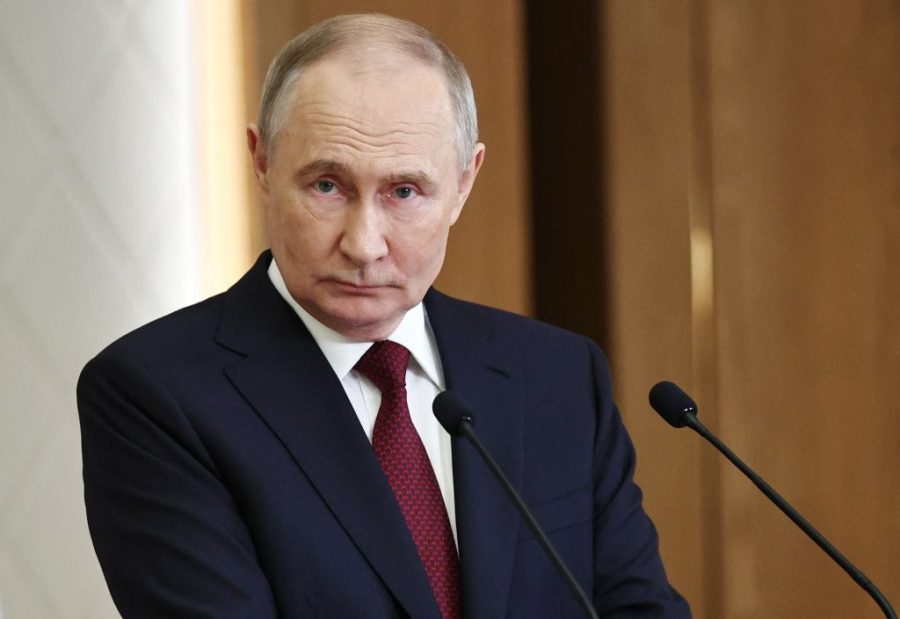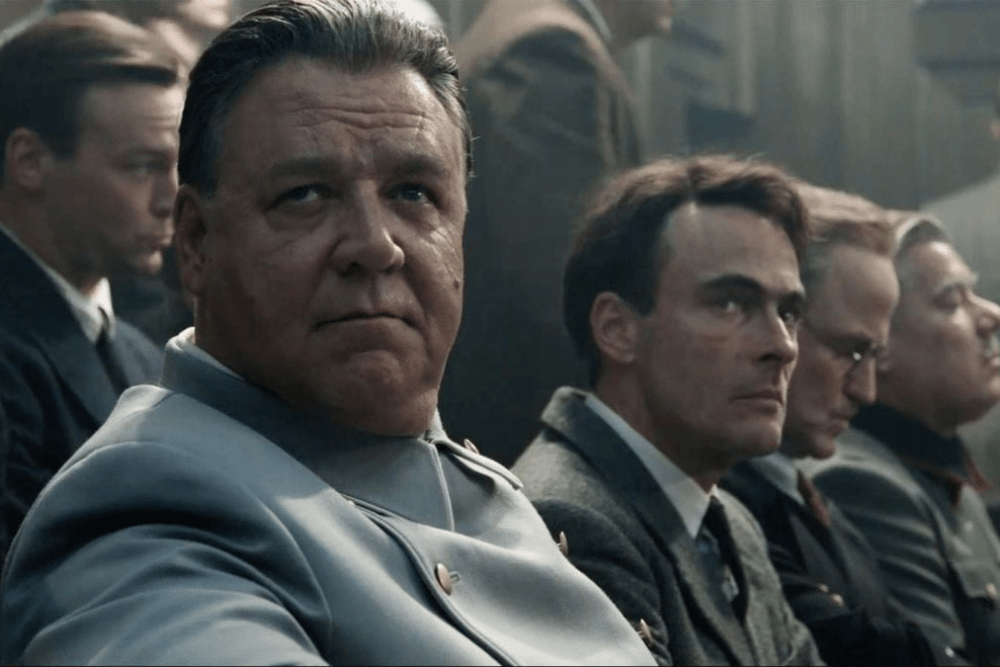Has Vladimir Putin been forced to eat humble pie? Earlier today, the Russian president felt compelled to issue an apology – of sorts – after an Azerbaijan Airlines plane crashed in Kazakhstan on 25 December, killing 38 of the 67 passengers on board. The plane had been travelling from the Azeri capital Baku to Grozny, in the Russian region of Chechnya, when it was hit by air defence systems, forcing it to crash-land hundreds of miles off course in neighbouring Kazakhstan.
Speaking on the phone to the Azerbaijani president Ilham Aliyev, Putin called the crash a ‘tragic incident’ and expressed his condolences to the injured and families of the victims. Shedding some light on what is supposed to have happened, a readout of the presidents’ conversation issued by the Kremlin stated that ‘at that time, Grozny, Mozdok and Vladikavkaz were being attacked by Ukrainian unmanned aerial vehicles, and Russian air defence systems repelled these attacks’.
Today’s phone call, with its half-apology, will have been bruising enough for his ego
In Russia’s version of events, then, the plane was unintended collateral damage in attempts to defend Grozny against an incoming Ukrainian drone attack. There are however still many unanswered questions surrounding the circumstances of the crash, not least why the aircraft diverted to Kazakhstan after being struck instead of landing somewhere else in Russia.
Despite apologising, it appears Putin stopped short of claiming responsibility for the downed plane. So too did Alivey resist directly accusing the Russian president of causing the crash, saying only that it was subject to ‘physical and technical external interference’ and had been damaged before it crashed.
For a president who in his nearly 25-year reign so far has made a firm habit of never saying sorry, the fact that Putin apologised at all – not least to a minor diplomatic ally such as Azerbaijan – is in itself significant. Precedent, as with the tragic case of Malaysian Airlines flight MH17 shot down by Russian-backed forces over Ukraine in 2014, would suggest that Putin might do his best to ignore the fact the crash ever happened. But, as the call between Putin and Aliyev today showed, Moscow’s relations with Baku are too important for the Russian president to burn bridges by ignoring the incident entirely.
Since the invasion of Ukraine, Azerbaijan has played an increasingly large role in the export of natural gas from Russia, with export volumes quadrupling in 2023 alone. With Baku’s own gas exports to western Europe also rising following the decision to sanction Russia’s supplies, the arrangement has raised questions over whether Baku has in fact been helping Moscow ‘launder’ gas for the West. Similarly, Moscow has long supported Azerbaijan in its territorial dispute with Armenia over the Nagorno-Karabakh region, sending in ‘peace-keepers’ and providing the region with cheap energy.
Putin is a dictator who reads apologies and contrition as signs of weakness; today’s phone call, with its half-apology, will have been bruising enough for his ego. But it is a small insight into the strain his leadership is coming under as Russia fights its third winter in Ukraine and the country pays the price with a stuttering economy and ever-increasing cost of living crisis – not to mention estimated war casualties of nearly 750,000 men by some counts.
The conflict is currently leaning in Moscow’s favour, not least with the prospect of a second Trump presidency and the likely withdrawal of American support for Kyiv now within touching distance. But evermore isolated and financially strained, Russia still needs all the friends it can keep.
The Christmas day downing of the Azerbaijan Airlines flight also tragically brings home a further reality of the war Putin began in Ukraine nearly three years ago. Thanks to him, the war is now coming to the Caucasus, with innocent civilians from peaceful countries such as Azerbaijan being unwillingly drawn into the line of fire. Above anything, as the likelihood of a Trump-brokered peace deal edges ever closer, it is a reminder that it is no longer only Ukraine and Russia impacted by Putin’s bloody whims.








Comments